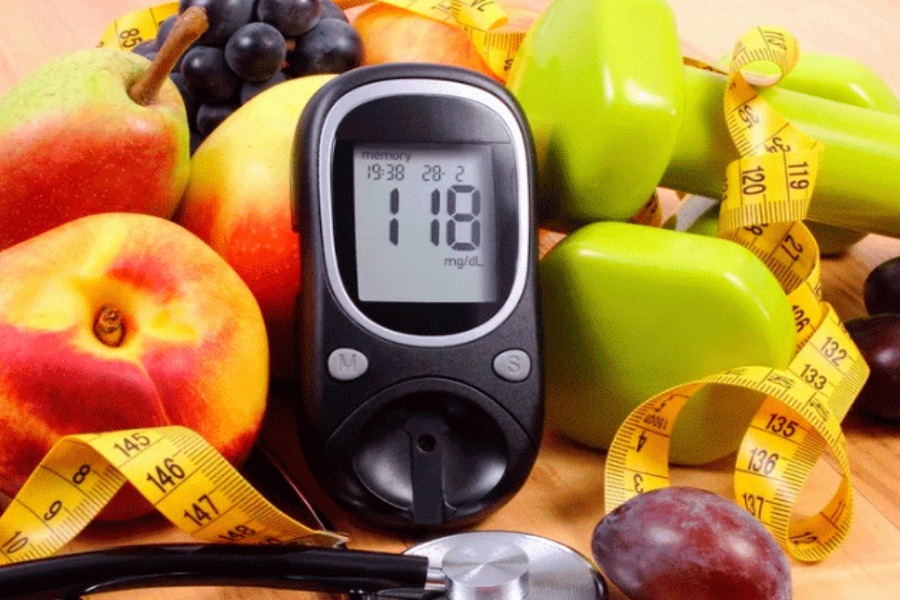This is a question that is frequently asked and rarely understood; even by those who have had diabetes for a long time. Some believe that having well-controlled diabetes means you don't feel sick or have symptoms; others feel you are controlled if you take your medications; and a vast majority of people just have no idea what any of it means. Do you?
As a person with diabetes, you're considered well-controlled if your A1C (used to monitor how well your diabetes treatment is working over time) value is between 6.5 to 7% or lower. This also means that your average blood sugars are between 140 to 154 mg/dL. Targets are typically geared toward fasting blood sugars less than 130 mg/dL and two hours after meals less than 180 mg/dL. Any person who achieves the correct A1C but has values of blood sugars consistently less than 70 mg/dL or greater than 200 mg/dL are not considered well-controlled, due to the variability of their numbers.
Achieving diabetes control comes in the form of behavior maintenance. This is dependent on proper education and incorporating that information into your life. Good sources include registered dietitians and certified diabetes educators. Let's review some of the specifics of what this means.
Four Areas That Help Control Diabetes
Diet: This isn't really a new concept for blood glucose control but not well understood either. It's important to get the proper information from reliable resources before applying changes to your diet.
Activity: Many don't consider the profound effect exercise and activity have on helping bring blood sugars under control. Be sure to be under the advisement of a clinician for details related to risks for
hypoglycemia.
Medication: Understanding and administering diabetes medications correctly, consistently and safely is an effective way to gain good control over your diabetes.
Stress management (both emotional and physical): It's important to have healthy coping skills, outlets, and support systems to help navigate the ups and downs of diabetes management and physical stressors (e.g., illness or accident).
So, how do you know if you're managing any one or all these behaviors well enough to help keep your diabetes well controlled? Use a blood glucose meter, and try to establish cause and effect. Try to identify trends and/or patterns that are influenced by the change in the behavior you're working on or evidence that is produced from lack of change.
Diabetes CAN be managed. Each person CAN have an influence on their management. If you have questions about your current diet or lifestyle, meeting with a registered dietitian, certified diabetes educator, or nurse for personalized suggestions on improving your nutrition or diabetes is recommended. Ask your physician for a referral.
Guest Blogger: Nicole Parent, RN, CDE, Diabetes and Nutrition Center, UMass Memorial HealthAlliance-Clinton Hospital


